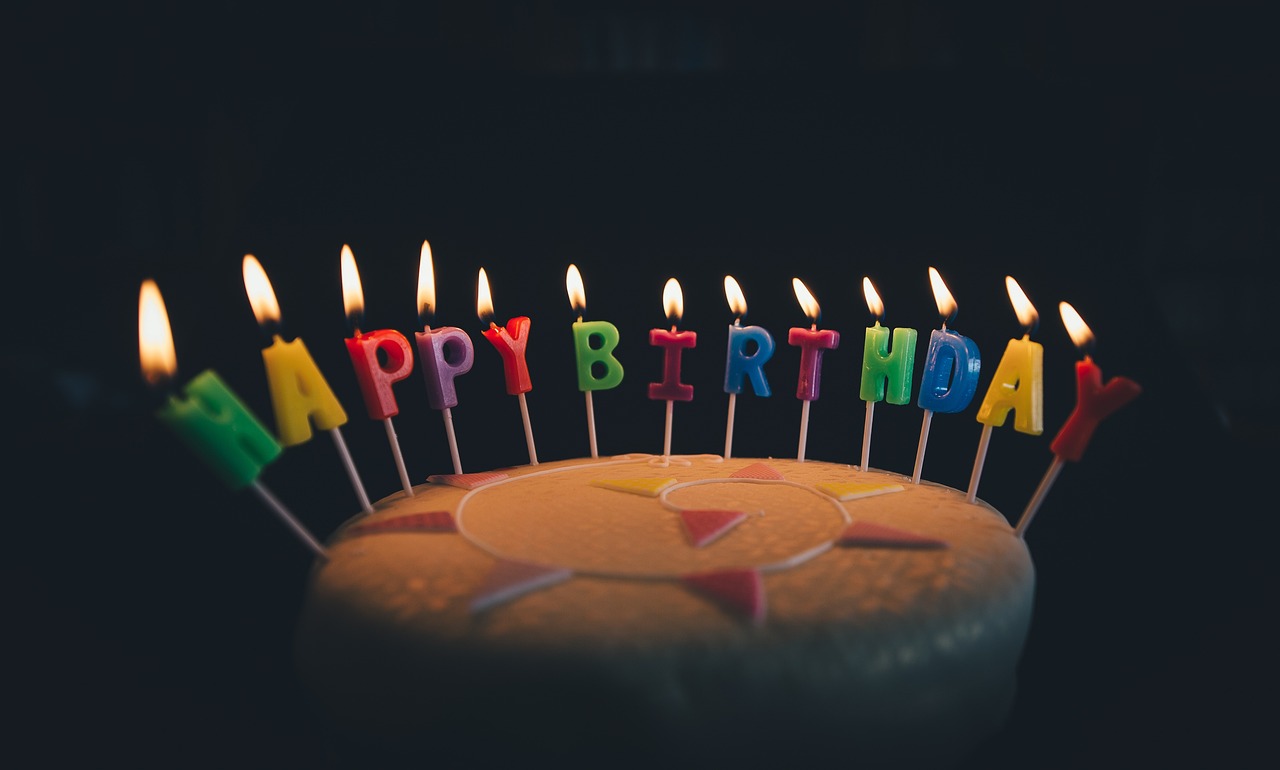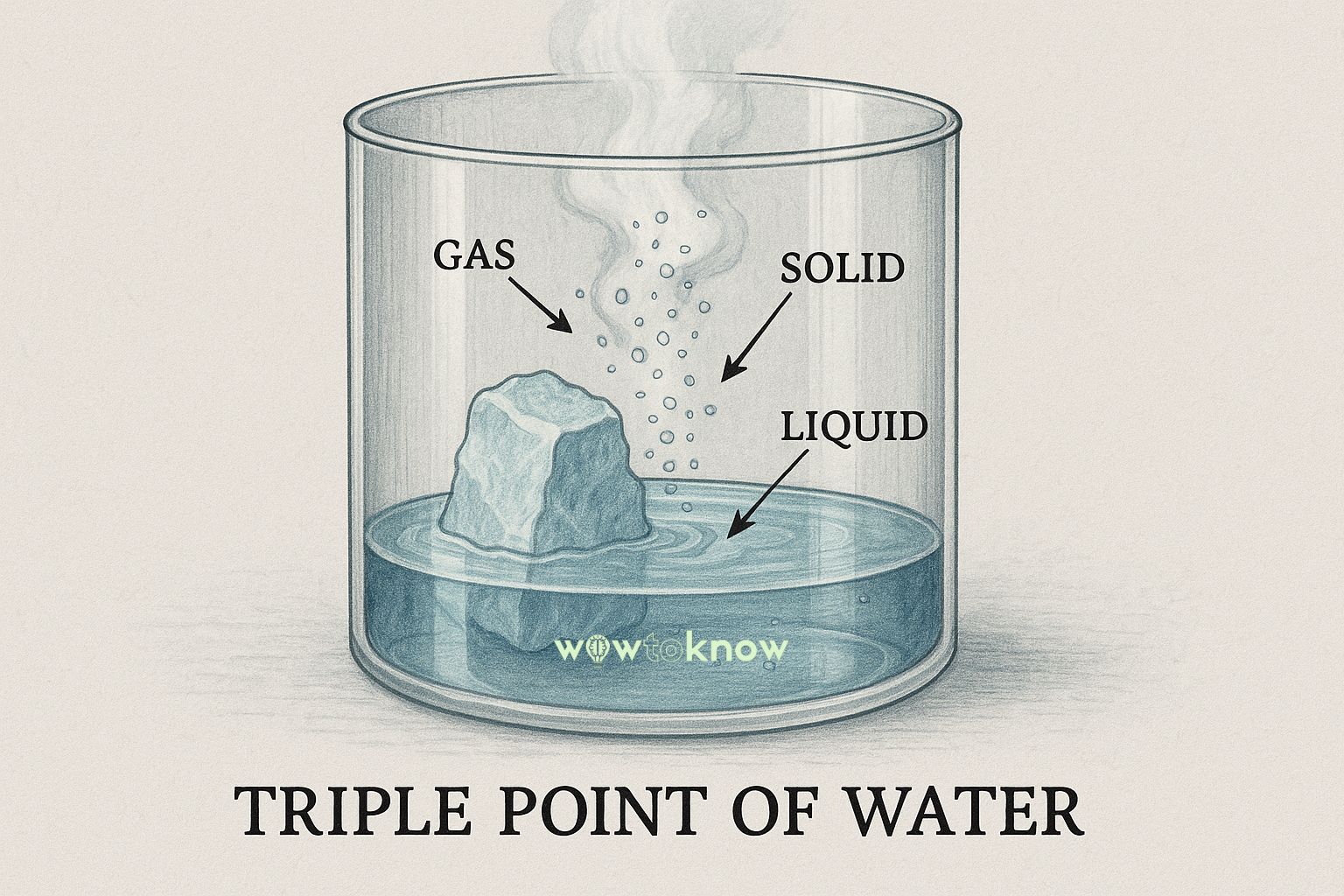We bet you sang “Happy Birthday to You” more than once in your life. And, until 2015, you probably did that illegally, without paying a $700 royalty for a single public use of this song.
The Most Recognized Song Ever
In 1998, Guinness World Records named “Happy Birthday to You” the most recognized English song ever. It managed to overtake “For He’s a Jolly Good Fellow” in order to claim the top spot.
The song was most likely composed by sisters Mildred J. Hill and Patty Hill in 1893, with the original lyrics reading “Good Morning to All.”
Good morning to you,
Good morning to you,
Good morning dear children,
Good morning to all.
Over time, the lyrics evolved into the familiar “Happy Birthday to You” version that we know today.
The “Happy Birthday” Song Copyright and Royalties
For many years, the “Happy Birthday to You” song was subject to copyright restrictions. This led to significant royalties being collected for its use in various forms of media, including films, television shows, advertisements, and public performances.
In 1935, a company called Clayton F. Summy Co. published a songbook that included “Happy Birthday to You” and claimed to hold the copyright to both the melody and lyrics. This marked the beginning of the song’s commercial use and copyright enforcement.
The song’s copyright was subsequently transferred to Warner/Chappell Music, a subsidiary of Warner Music Group. It bought the company owning the rights to the song for $25 million in 1988.
Warner/Chappell aggressively enforced its copyright for decades, demanding licensing fees for any public performance or commercial use of the song. This meant that using “Happy Birthday to You” in films, TV shows, and other media required obtaining permission and paying substantial royalties to Warner/Chappell.
“Happy Birthday” song royalties reportedly amounted to $2 million a year. A single commercial or public use of the song would cost anywhere from $700 to $30,000 depending on the type of media or performance.
“Happy Birthday” Copyright Controversy and Cancellation
The copyright claim to the “Happy Birthday to You” song was not without controversy. Some legal experts and researchers argued that the song’s copyright was questionable, as the original “Good Morning to All” melody and lyrics were published before the songbook that claimed the copyright.
In 2013, a documentary filmmaker named Jennifer Nelson challenged the copyright in court after being charged a licensing fee to use the song in her film. She argued that the song’s copyright only applied to a specific arrangement of the music and not to the basic melody and lyrics that had been in the public domain for decades.
In a surprising turn of events, in 2015, a U.S. District Court judge ruled that Warner/Chappell’s claim to the copyright was invalid. The judge determined that the company’s copyright only applied to a specific piano arrangement of the song, and not to the melody and lyrics themselves.
This ruling effectively placed “Happy Birthday to You” in the public domain, meaning that it could be used freely without paying licensing fees.
As a result of this ruling, the song is no longer under copyright protection, and anyone can use it without fear of legal consequences or the need to pay royalties.
After the copyright dispute was settled, Warner/Chappell Music agreed to pay a $14 million settlement to those who had previously paid licensing fees for the song.
That’s how one of the most recognized and frequently used songs in the world was liberated from restrictive copyright constraints. We are now free to sing it anytime and anywhere we want.
More Facts About the “Happy Birthday to You” Song
The First Song in Outer Space: On March 8, 1969, the Apollo 9 crew sang “Happy Birthday to You” during its 10-day space mission.
The Global Birthday Anthem: The song has been translated into numerous languages. In different countries, people sing their own versions of the song in their native languages.
Renditions by Famous Artists: Many famous artists and musicians have recorded their own versions of “Happy Birthday to You” over the years, including The Beatles, Stevie Wonder, and Marilyn Monroe.
The Movie Star: According to IMDb, the “Happy Birthday” song was featured in around 150 movies.
The First Singing Telegram Song: On July 28, 1933, “Happy Birthday to You” was featured in the first-ever singing telegram delivered by Western Union (yes, Western Union was a telegram service giant before switching to money wires).
An 8-Hour Performance: The longest performance of “Happy Birthday to You” was achieved by a group of 15,318 participants at an event organized by the Nestlé Philippines, Inc. in Manila, Philippines, in 2015. They sang the song for 8 hours and 4 minutes!
FAQ
What is the “Happy Birthday” song’s origin?
The “Happy Birthday” song originated from a song called “Good Morning to All,” which was composed by Patty Hill and her sister Mildred J. Hill in 1893. It was initially intended as a classroom greeting song for teachers to sing to their students.
When was “Happy Birthday to You” copyrighted?
“Happy Birthday to You” was copyrighted in 1935, when a company called Clayton F. Summy Co. claimed ownership of the song’s copyright. It was transferred to the music publisher Warner/Chappell Music in 1988.
How much were “Happy Birthday” royalties?
Warner/Chappell Music collected significant royalties for the song’s use in public performances and commercial settings. Estimates suggest that the company earned around $2 million annually from licensing fees for the song.
When did the “Happy Birthday” song copyright expire?
The copyright for “Happy Birthday to You” was canceled in 2015. A U.S. federal judge ruled that the song was in the public domain, making it free for everyone to use without the need for a license or payment of royalties.
Is “Happy Birthday to You” in the public domain now?
Yes, “Happy Birthday to You” is now in the public domain, which means it is no longer protected by copyright and can be used freely by anyone for any purpose.








Yo, F8betlgoptimusl9! Just checked you out, seems promising. Hope the games are fire and the payouts are quick! Gonna tell my crew to give it a spin. Check it out here: f8betlgoptimusl9